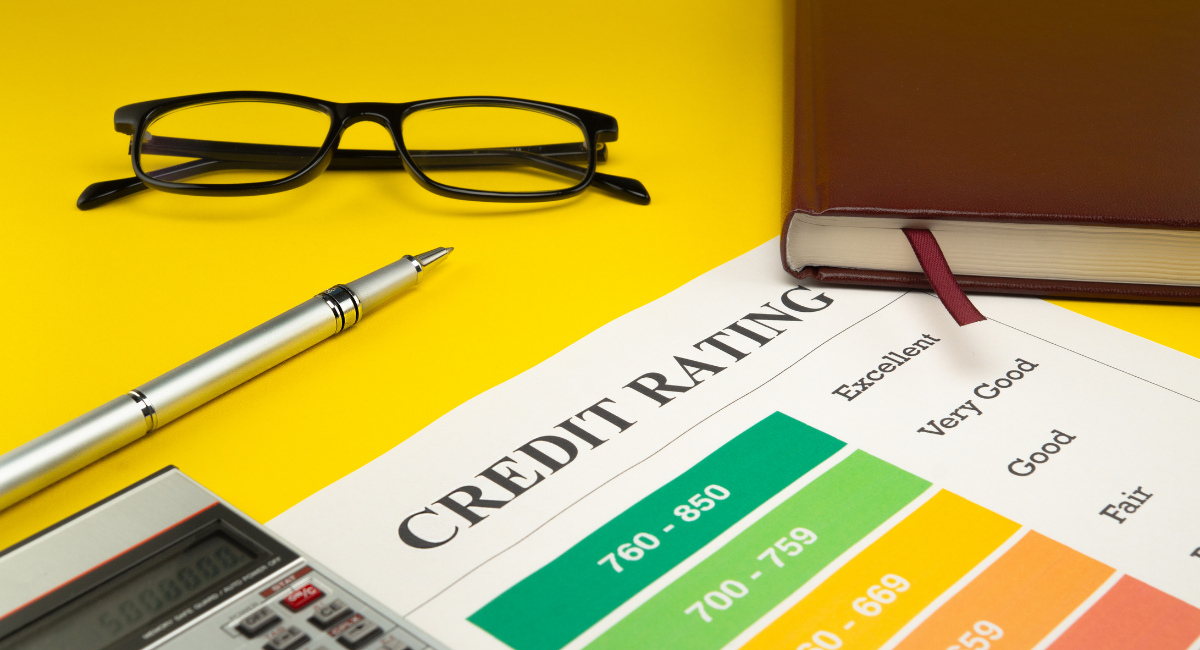The credit score is the result of payment habits and the citizen’s relationship with the credit market. The score is available on the internet and ranges from 0 to 1,000 points. This information will help the consumer to have more control of his financial life. But do you know what a credit score is? Each user is scored according to an analysis of several factors, such as:
- Up-to-date bill payments,
- History of negative debts,
- Financial relationship with companies,
- Number of loans taken, and repayment,
- Etc.
The higher the score, the greater the chances are for having more available access to the credit market. Having access to this information empowers you, as it allows you to control your financial curriculum. It makes it easier for you to organize your accounts as well.
What is the Idea Behind the Credit Score?
The idea is that, with access to more information about the consumer, financial institutions and retail companies can adapt the credit offers to consumers. It means that a bank could offer lower interest rates to those who are in the habit of paying all their bills on time. Before the complimentary registration, the consumer was only assessed by overdue accounts. Now, bills paid on time (such as credit card bills, water, electricity, and telephone bills) are also considered. As these accounts are linked to an address, it increases the confidence of financial institutions that it is possible to contact them in default.
How is Grade Calculated?
The credit score is a score that ranges from 0 to 1,000 points. Each bureau has its methodology for the calculation, but there are some points in common: the use of information on defaults, contact details, and complimentary registration. However, information about the consumer’s income, bank balance, or pieces of expenses and credit card limits are not entered. Despite the different methodologies, the tendency is that the scores are similar in all bureaus. The score can be different according to the data used and the process.
The Score for Real Estate Financing
One of the requirements for obtaining commercial real estate loans is the score for financing, and this condition must be compatible with the amount requested. It is essential to pay attention to the score. If it is too low, it can end the dream of winning the dream property. If you are looking to get a mortgage or loan and don’t know how the score works, we will explain a little more about the subject below.
How Important is This Score?
A score for financing becomes essential to define the amount of credit assigned to the client. Through this data, the company will know your financial history and determine whether it is safe to grant recognition to you, either for financing or for a loan.
This information also makes it possible for the entire transaction to be made securely for both parties. A consumer with a low score will not have great chances of obtaining the financing, as he may compromise the installments’ payment during the contract period. In other words, the score is essential to avoid defaults occurring during the funding and to guarantee the amount of the installments correctly. Financial institutions do everything to ensure that these negotiations are carried out safely for both parties since it involves a very high investment value.
How Does it Work?
After requesting financing from the financial institution, a series of specific documents and certificates are requested. From that, the score is made according to what is analyzed on the customer’s data. It works as a mechanism that helps banks to define the customer’s reliability about their default on debts in general. That’s because financial institutions try to take as little risk as possible concerning the loan they are granting. The higher the amount requested, the more requirements about the score will be imposed before release. This data is obtained through a detailed statistical calculation. The score is significant for those who want to carry out financing to purchase real estate. Thus, it operates in the real estate market with a score equivalent to or greater than 700 points.
The Score for the Financing of a Property
First, the documents and the client’s income must be presented for an accounting of the score. Also, several factors can be considered, and that influences the final score. Among them, there is the credit history, which is raised by the financial institution. Banks also analyze whether the client has negative information regarding judicial executions and search and seizure actions issued by the court.
Holdings in bankrupt companies are also counted towards the final result of the score and the customer’s history as a payer, considering any other operation previously carried out at the bank. For example, if you have already defaulted on another loan, it will count as a negative factor for the financing release. Remember that financial institutions go to great lengths to prove and secure the financial transactions carried out, especially those involving very high amounts of money.
How to Increase the Score?
Financial institutions analyze the company’s liquidity, profitability, and profitability indexes and check if they have enough reserves to pay the credit. There are some ways that you can increase your score before making a loan. These are easy tips that result in good scores if done correctly.
Clear Your Name
The first step to ensuring an increase in your score is to analyze how your CPF is doing to see if you are negative. Negativity is a factor that makes it very difficult to release credit. Therefore, before requesting the service, try to clear your name credit portals.
Pay Bills on Time
People must have financial planning and organize themselves to pay all bills and expenses on time. By avoiding default, you ensure that your name does not get dirty in the market and does not compromise your credibility as a payer.
Keep Your Registration Data Updated.
Finally, you should always keep the data up to date so that financial institutions can maintain an economic history that will be counted when setting up your score for requesting real estate financing.
Conclusion
It is worth mentioning that this process can be complicated, but those who have no problems with the default and make payments according to their monthly income hardly have issues to get a good score and the release of credit for financing.
Using a credit line is one of the possible solutions for small entrepreneurs to face the financial impacts caused by Covid-19 pandemic. However, since the beginning of the crisis, 60% of small business owners have been denied credit applications at banks. Most of these negatives are due to a lack of guarantees. Having a positive track record and a good relationship with financial institutions are factors that facilitate the approval of loans and financing.
The lender analyzes the guarantees offered at the time of the loan. Thus, the greater the collateral’s quantity and quality are, the higher the institution’s risk of recovering the borrowed funds are. The guarantees can be personal and real. Check the conditions at the bank where you apply for credit. Remember: each bank has different clauses and requirements, but having a good credit score bypass the critical questionnaire.







